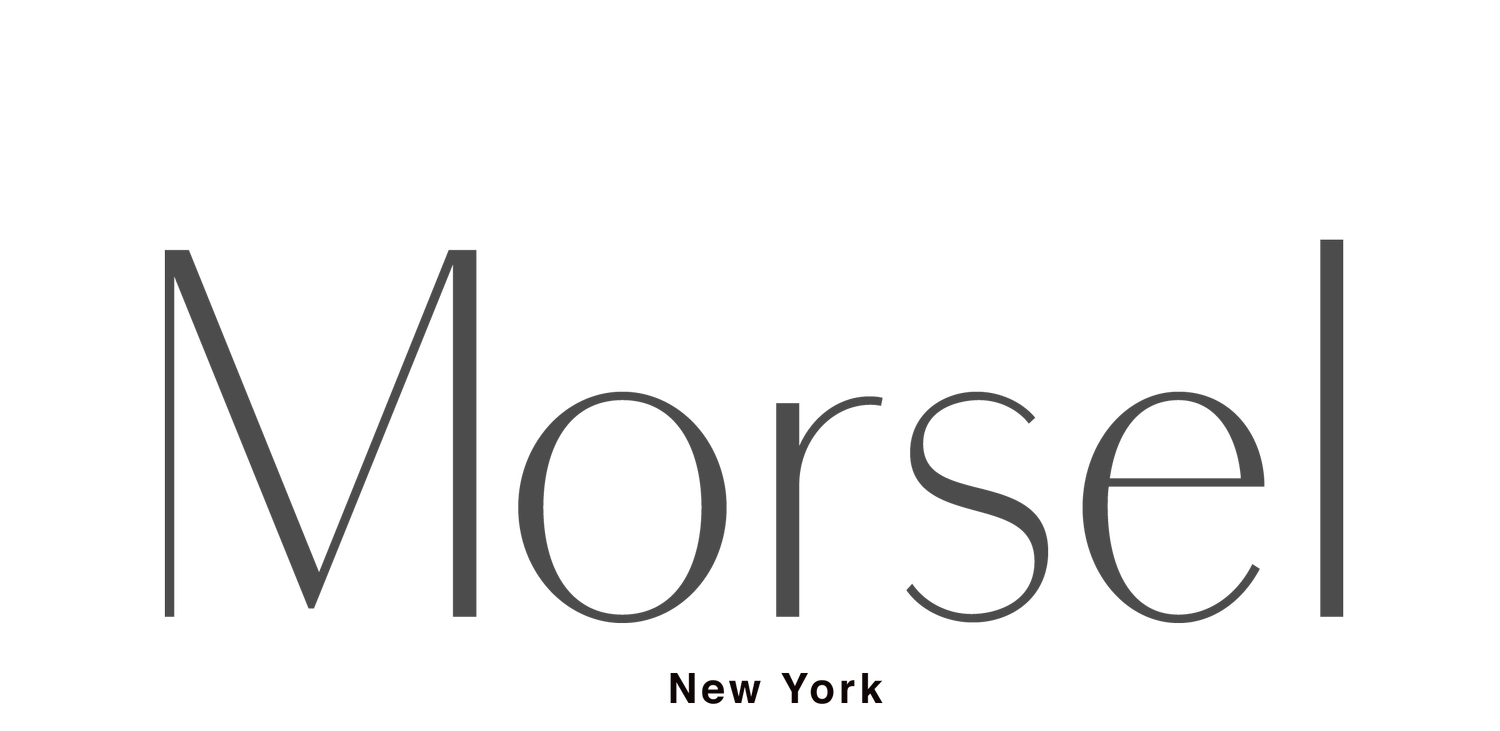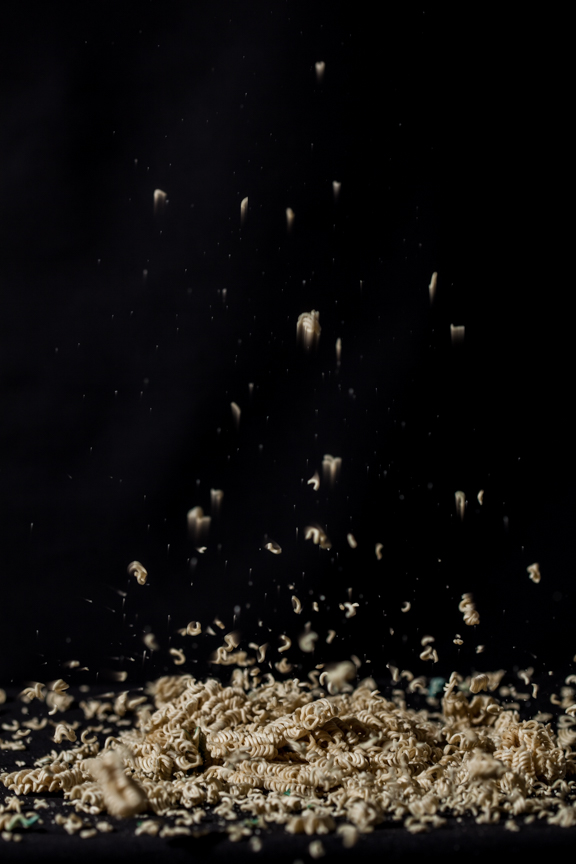Depression Dinners: When Only Comfort Foods Will Do
By Chloe Olewitz
When I fall into depression, the first thing out the window is my ability to feed myself. Something’s got to give, and for whatever underlying psychological reason, caring for my own machine usually tops that list of expendable priorities. Work, never any wiggle room. Standards of perfection, yeah right. And yet, somehow it seems logical to me in those darkest moments that I should forego my otherwise effective approach to a holistic kind of nutrition for mind, body, and soul, in favor of the comfort found in convenience.
I am absolutely sure of the direct relationship between the food I put into my body as fuel and the outputs that are my mood, my energy level, my ability to think clearly and fully. I also know, intellectually, that what I need most when my little black rain cloud hooks in its geotags and won’t let go is an even more pointed effort towards feeding myself well. And yet, a lifetime of eating my feelings (Happy? Eat! Sad? Eat! Win, loss, up, down, eat.) has set a sort of trigger switch deep in my subconscious.
To be clear, when it comes to comfort and convenience, what I’m really talking about is ramen. When I am that kind of depressed, my usual passion for the city’s greenmarkets evaporates. The pleasure found in chats with farmers and experimenting with new ingredients, touching and sniffing and tasting as the true joys of food—gone as the sun in winter.
My depression ramen is also not the traditional Japanese or even traditionally-inspired American bowls of steaming indulgence that have made ramen its own kind of delicacy in this town. My depression ramen is Top Ramen—the brick of factory-formed noodles that comes with its own foil packet full of MSG disguised as flavoring. It takes six minutes to make. One pot, a strainer. A wooden spoon if I’m feeling fancy. The ramen I make is really just pasta. There’s no umami in my broth because there is no broth. The blue Top Ramen package, troublingly dubbed “Oriental Flavor”, receives, in my house, a generous garnish of Heinz ketchup.
Lest anyone believe I survive during these periods on ramen alone, I also eat plenty of frozen fish sticks and French Onion Sun Chips. I drink coffee that someone else makes me by dragging my laptop to the nearest café I can find. Because my depression often includes an element of financial panic entirely independent of fact, I select decidedly non-artisan, not-quite-third-wave cafés so I can spend $3 or $4 on my morning instead of $9 or $10. It feels like a manageable splurge when the cost of my eating throughout the day is down to a 30 cent package of pasta (Oriental Flavor was on sale) and a dollar’s worth of fish sticks popped into the microwave. Tap water and tea. I do the math to fill the time I could have spent cooking.
There is nothing nutritious about this kind of eating. It does not make my body feel good, it does not make my mind work well. It does something else, though, providing a certain kind of support by introducing ease. Reducing effort makes its own kind of relief when everything looks bleak and my mind has actively abandoned its connection to the reality of the world around me. Food is effortful for me because it is deeply ingrained as an emotional pursuit, but also because I care about it. Where did this thing come from? Who made it, who planted it, how was it nurtured to full-grown health? These are not questions I ask about Top Ramen and fish sticks.
In the same way that I know feeding myself well is perhaps most important when I am lost in my hole, I also know that’s when the exercise I love has the greatest impact. Of course, the essential property of the hole is the insurmountable climb suddenly required to get my body out of the house and into the grocery store, or into my spandex and onto a yoga mat. When I need them most, these are the hardest things to give myself.
Because I believe in balance, the methods I have developed for mitigating and managing my depression tread a fine line between effort and surrender. Sometimes I drag myself out and sometimes I do not. The push and pull mean that sometimes I allow myself to set my alarm for nine in the morning instead of seven or eight. They mean that there are days when I force my feet to carry me into the world, to the supermarket or for a walk or just to get the mail, when what my feet believe is that they will never leave their slippers or the couch. Effort and surrender. Challenge and relief.
They mean that sometimes, Top Ramen out of the package is the right thing to eat.
Photos: Chia Messina


